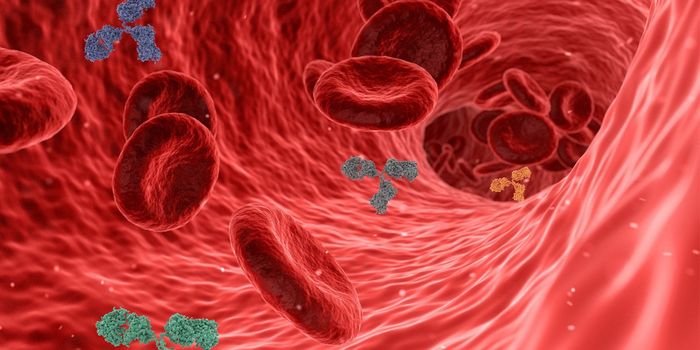Pancreatic cancer stem cells (PancSCs) are virtually addicted to oxygen-based metabolism, and could be “suffocated” with a drug already used to treat diabetes, according to a new study reported in
Drug Discovery & Development.

Cancer cells usually rely on glycolysis, the type of metabolism that does not use oxygen to generate energy. However, researchers from Queen Mary University of London’s Barts Cancer Institute and the Spanish National Cancer Research Centre (CNIO) in Madrid have now found that
not all cancer cells are alike when it comes to metabolism.
PancSCs can use a more efficient form of metabolism, called oxidative phosphorylation or OXPHOS, which does use oxygen. OXPHOS uses a part of the cell called mitochondria, which can be targeted with anti-diabetic drug, metformin. Some PancSCs can escape this treatment by being much more flexible in their metabolism, leading to a recurrence of the cancer. The investigators discovered a method of preventing such resistance and forcing all PancSCs to keep using OXPHOS. They think that the new discovery could be used to develop treatments to stop the stem cells from using oxygen and preventing cancer returning after conventional treatment. A clinical trial is planned for later next year.
According to Dr Patricia Sancho, first author of the research paper, “We might be able to exploit this reliance on oxygen by targeting the stem cells with drugs that are already available, killing the cancer by cutting off its energy supply. In the long term, this could mean that pancreatic cancer patients have more treatment options available to them, including a reduced risk of recurrence following surgery and other treatments.”
Pancreatic cancer is one of the most difficult types of cancer to treat, because it is usually diagnosed at a late and advanced stage. Many patients do not survive longer than a year post-diagnosis. These cancers have become more common because of obesity, which causes pancreatic cancer risk factors including metabolic syndrome and diabetes. Because of limited treatment options and a failure to improve survival rates, finding new treatment strategies is a priority.
The researchers believe that PancSCs could be an important but as yet overlooked piece of this puzzle. While they make up only a small part of the tumor, they have the potential to create new tumors, even if all the other cells are killed, and are prone to metastasis.









